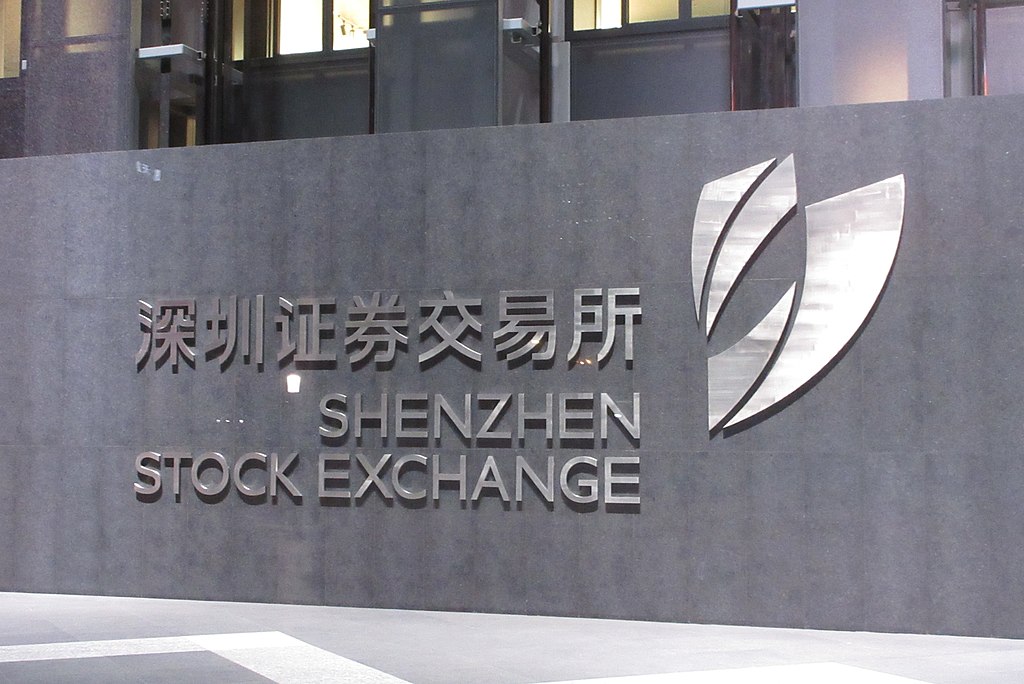Asian stocks opened the week with mixed performance, as U.S. President Donald Trump’s new 25% tariffs on steel and aluminum imports pressured markets. Concerns over escalating trade tensions weighed on investor sentiment, with China set to impose retaliatory tariffs on U.S. goods.
South Korea’s KOSPI slipped 0.1%, with steelmakers hit hard—POSCO Holdings (NYSE:PKX) fell nearly 2%, and Hyundai Steel (KS:004020) dropped 2.5%. Japan’s Nikkei 225 edged 0.2% lower, while TOPIX declined 0.3%, with Nippon Steel (TYO:5401) down 1.5%. Australia’s S&P/ASX 200 dipped 0.4%, led by a nearly 1% drop in the mining sector. Indonesia’s Jakarta Composite plunged 2%, while India’s Nifty 50 started 0.4% lower.
Despite trade war tensions, China’s AI stocks extended their gains, driving optimism. Hong Kong’s Hang Seng Index surged 1.5%, fueled by tech leaders—Baidu (NASDAQ:BIDU) climbed 3.5%, Alibaba (NYSE:BABA) jumped over 4%, and Xiaomi (HK:1810) rose 1.5% after a record-high close. China’s Shanghai Composite advanced 0.4%, while the CSI 300 was flat.
Investors also analyzed China’s latest inflation data, which showed moderate CPI growth but persistent PPI declines, signaling weak consumer spending and industrial activity. This raised expectations for further economic stimulus, with potential interest rate cuts or infrastructure investments on the horizon.
Meanwhile, U.S. stock index futures traded higher in Asian hours, offering some relief amid global market uncertainty.



 U.S.-India Trade Framework Signals Major Shift in Tariffs, Energy, and Supply Chains
U.S.-India Trade Framework Signals Major Shift in Tariffs, Energy, and Supply Chains  Vietnam’s Trade Surplus With US Jumps as Exports Surge and China Imports Hit Record
Vietnam’s Trade Surplus With US Jumps as Exports Surge and China Imports Hit Record  Dollar Steadies Ahead of ECB and BoE Decisions as Markets Turn Risk-Off
Dollar Steadies Ahead of ECB and BoE Decisions as Markets Turn Risk-Off  Australia’s December Trade Surplus Expands but Falls Short of Expectations
Australia’s December Trade Surplus Expands but Falls Short of Expectations  Oil Prices Slip as U.S.–Iran Talks Ease Supply Disruption Fears
Oil Prices Slip as U.S.–Iran Talks Ease Supply Disruption Fears  Bank of Japan Signals Readiness for Near-Term Rate Hike as Inflation Nears Target
Bank of Japan Signals Readiness for Near-Term Rate Hike as Inflation Nears Target  Dow Hits 50,000 as U.S. Stocks Stage Strong Rebound Amid AI Volatility
Dow Hits 50,000 as U.S. Stocks Stage Strong Rebound Amid AI Volatility  South Korea’s Weak Won Struggles as Retail Investors Pour Money Into U.S. Stocks
South Korea’s Weak Won Struggles as Retail Investors Pour Money Into U.S. Stocks  South Korea Assures U.S. on Trade Deal Commitments Amid Tariff Concerns
South Korea Assures U.S. on Trade Deal Commitments Amid Tariff Concerns  Gold and Silver Prices Slide as Dollar Strength and Easing Tensions Weigh on Metals
Gold and Silver Prices Slide as Dollar Strength and Easing Tensions Weigh on Metals  U.S. Stock Futures Edge Higher as Tech Rout Deepens on AI Concerns and Earnings
U.S. Stock Futures Edge Higher as Tech Rout Deepens on AI Concerns and Earnings  Gold Prices Slide Below $5,000 as Strong Dollar and Central Bank Outlook Weigh on Metals
Gold Prices Slide Below $5,000 as Strong Dollar and Central Bank Outlook Weigh on Metals  Global Markets Slide as AI, Crypto, and Precious Metals Face Heightened Volatility
Global Markets Slide as AI, Crypto, and Precious Metals Face Heightened Volatility  Silver Prices Plunge in Asian Trade as Dollar Strength Triggers Fresh Precious Metals Sell-Off
Silver Prices Plunge in Asian Trade as Dollar Strength Triggers Fresh Precious Metals Sell-Off  Trump Lifts 25% Tariff on Indian Goods in Strategic U.S.–India Trade and Energy Deal
Trump Lifts 25% Tariff on Indian Goods in Strategic U.S.–India Trade and Energy Deal  Fed Governor Lisa Cook Warns Inflation Risks Remain as Rates Stay Steady
Fed Governor Lisa Cook Warns Inflation Risks Remain as Rates Stay Steady  RBI Holds Repo Rate at 5.25% as India’s Growth Outlook Strengthens After U.S. Trade Deal
RBI Holds Repo Rate at 5.25% as India’s Growth Outlook Strengthens After U.S. Trade Deal 





























